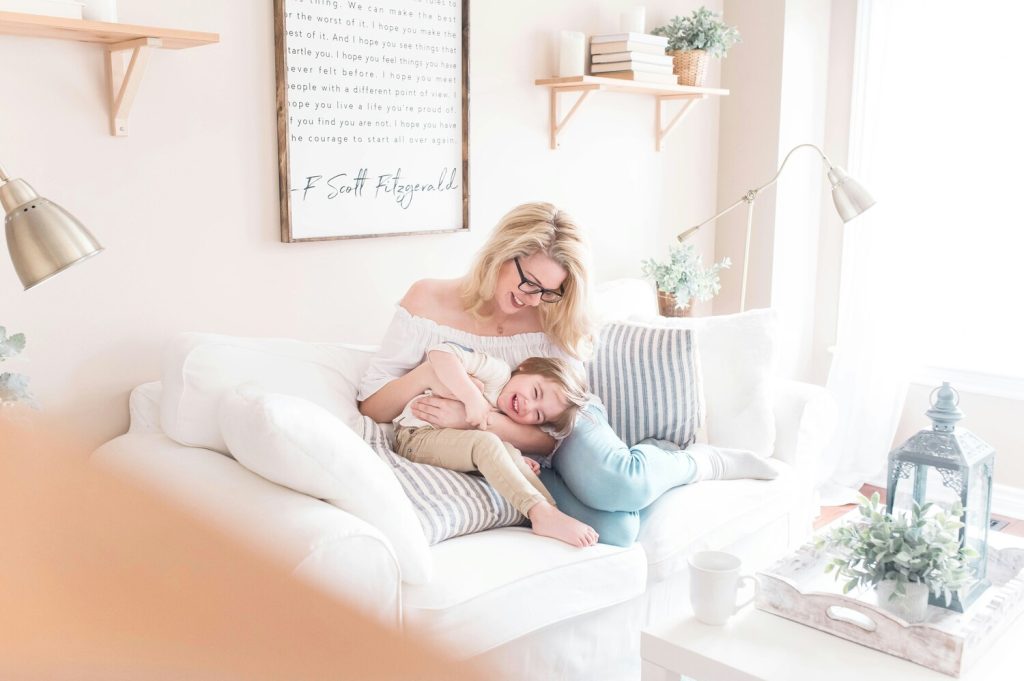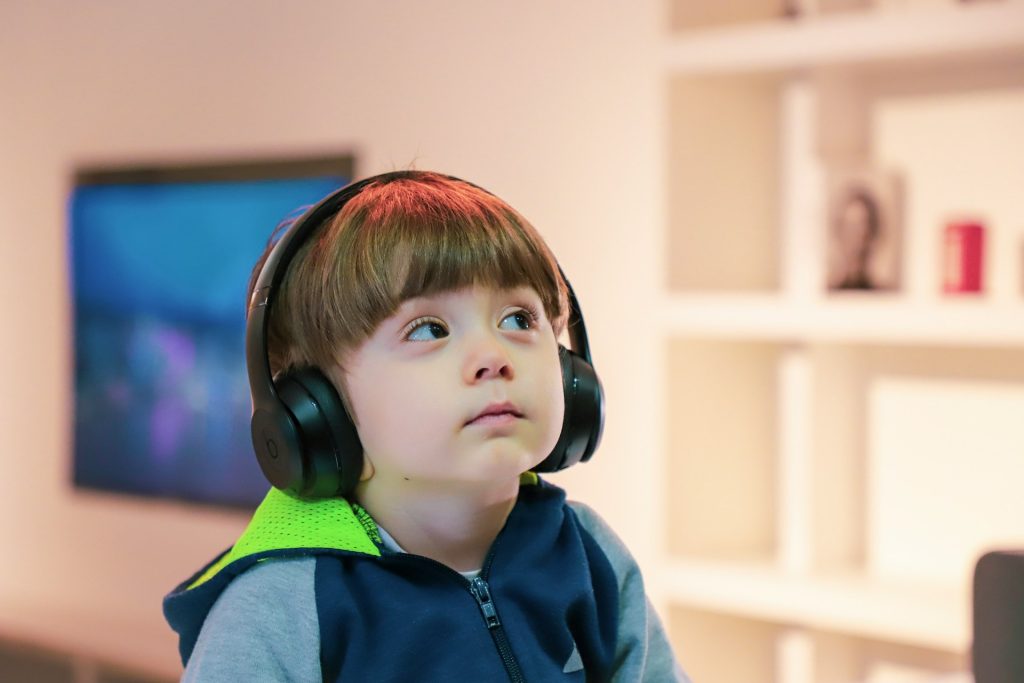
Single moms doing better in today’s world isn’t just a feel-good story—it’s a reality backed by resilience, shifting norms, and serious determination. Forget the old stereotypes. Today’s single mothers are building careers, creating stable homes, and raising thriving children all while rewriting outdated narratives. And while it’s still tough, the progress is real and deserves more attention. So why are single moms doing better than ever? Let’s explore the lesser-discussed reasons behind this powerful shift.
1. They’ve Built Strong Support Networks
One big reason single moms are doing better is the strength of their support systems. Whether it’s family, close friends, or other moms in similar situations, having a reliable network changes everything. Many are leaning into online communities, neighborhood pods, and co-parenting arrangements that help lighten the load. Emotional support, help with childcare, or just someone to vent to makes a huge difference in a single mom’s ability to thrive. That village might not look traditional, but it’s stronger and more intentional than ever.
2. They’re Crushing It at Work
More single moms are advancing in their careers thanks to remote work options, flexible schedules, and side hustles turned full-time businesses. The stereotype of single moms barely scraping by doesn’t match the reality for many women who’ve used motherhood as motivation to climb professionally. In fact, some are more driven because they know their children are watching. Employers are also becoming more accommodating of different family structures, giving single moms doing better the chance to shine without hiding their situation. Financial independence is no longer a dream—it’s a growing trend.
3. They’ve Redefined “Having It All”
Single moms aren’t trying to juggle everything perfectly—they’ve figured out what matters most and dropped the rest. By letting go of the pressure to live up to impossible standards, they’re more focused, less stressed, and surprisingly happier. Self-care, boundaries, and saying no are part of the playbook now. Prioritizing mental health and realistic goals makes daily life feel more manageable and rewarding. This practical mindset is one of the most underrated reasons single moms are doing better.
4. They Make Parenting Decisions Solo—and That’s a Strength
Parenting solo means there’s no one to second-guess every move, which gives single moms the freedom to raise their kids on their own terms. This clarity allows for faster, more confident choices about everything from bedtime routines to education. Without having to compromise constantly, many single moms feel empowered to set values and boundaries that work for their families. This leads to a more stable home and kids who know what to expect. It may be harder, but it’s also more focused.
5. They’re Surrounded by Better Role Models
Today’s generation of single moms grew up watching women balance work, parenting, and independence with grit and grace. That example matters. From celebrity moms to entrepreneurs, women are proving that being solo doesn’t mean being stuck. There’s a growing pride in being a strong, successful single mom—and that inspiration fuels more ambition and confidence. Seeing others thrive helps normalize the path and eliminate shame that used to come with it.
6. They’re Raising Incredibly Resilient Kids
It turns out that kids raised by single moms often grow up with strong coping skills, independence, and respect for hard work. Watching their mom handle life with determination sends a powerful message about strength and problem-solving. Many of these kids take on small responsibilities early and grow up understanding the importance of teamwork and effort. It’s not always easy, but it’s definitely shaping a new generation of adaptable, emotionally aware individuals. That’s a legacy worth celebrating.
7. They’ve Rewritten the Script on Happiness
Happiness used to be sold as a two-parent household with a white picket fence—but single moms are creating joy in their own way. Whether it’s weekend adventures, quiet routines, or proud moments of accomplishment, they’re finding satisfaction that isn’t tied to anyone else. That inner peace comes from doing what’s right for their kids and themselves without waiting for permission or validation. It’s not that the challenges are gone—it’s that fulfillment isn’t waiting on someone else to walk through the door. And that’s a powerful shift.
The Quiet Power of Doing It Their Way
Single moms doing better didn’t happen overnight. It came from years of evolving, adapting, and refusing to settle for less. These women are living proof that strong families come in all shapes and structures. They’ve turned obstacles into fuel, leaned into support systems, and created homes filled with love, purpose, and progress. If no one’s said it lately—this success deserves applause.
Are you a single mom who’s thriving in ways no one expected? Share your journey in the comments—we’d love to hear how you’re breaking the mold.
Read More:
Is It Better For Single Parents to Rent or Buy A Home?
Single Moms: Here’s 7 Ways to Tell A New Man About Your Children
Catherine is a tech-savvy writer who has focused on the personal finance space for more than eight years. She has a Bachelor’s in Information Technology and enjoys showcasing how tech can simplify everyday personal finance tasks like budgeting, spending tracking, and planning for the future. Additionally, she’s explored the ins and outs of the world of side hustles and loves to share what she’s learned along the way. When she’s not working, you can find her relaxing at home in the Pacific Northwest with her two cats or enjoying a cup of coffee at her neighborhood cafe.















